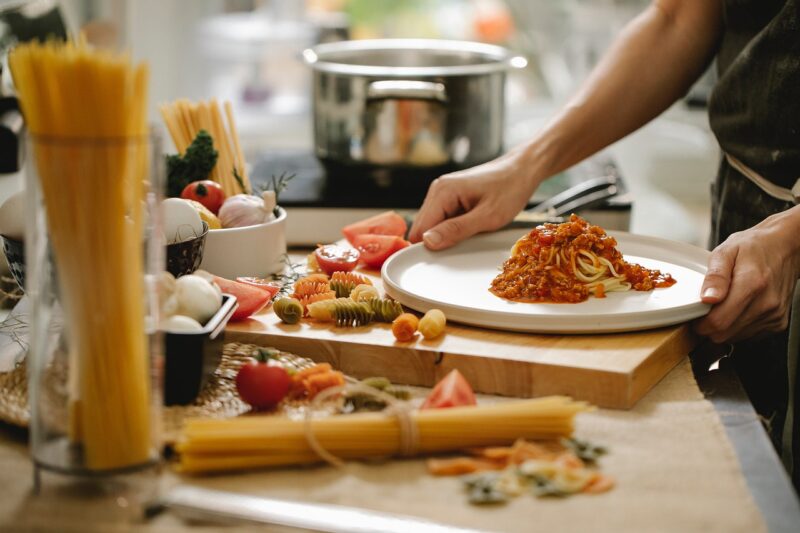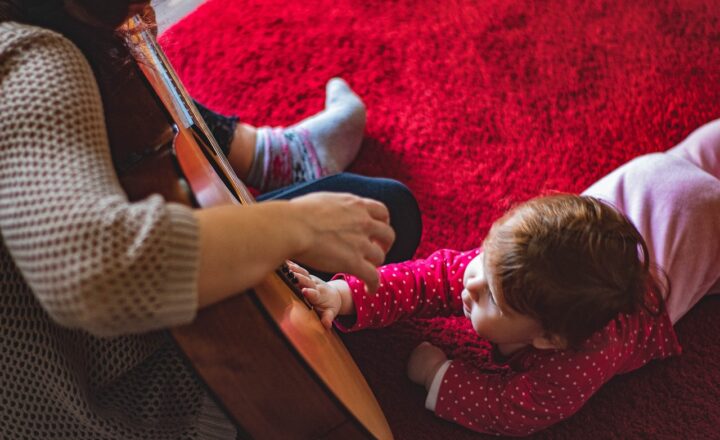The Benefits of Teaching Kids Basic Cooking Skills
November 16, 2024

Cooking is an essential life skill that many adults take for granted. However, teaching children basic cooking skills can have a profound impact on their development, health, and overall well-being. From fostering creativity to establishing healthy eating habits, the benefits of teaching kids how to cook are numerous.
1. Building Confidence and Independence
When kids learn to cook, they gain a sense of accomplishment that can greatly boost their self-esteem. Successfully following a recipe, preparing a meal, and seeing their loved ones enjoy their cooking can instill a sense of pride and confidence in their abilities.
Additionally, cooking requires a level of independence that can empower children. By allowing them to take the lead in the kitchen, they learn to make decisions and have the freedom to experiment with flavors and ingredients. This independence translates into other areas of their lives, giving them the confidence to tackle new challenges.
2. Fostering Creativity and Problem-Solving Skills
Cooking is not just about following a recipe; it’s also a creative process. When children are encouraged to customize their dishes, they learn to think outside the box and develop their creativity. For instance, they might experiment with adding different spices or substituting ingredients based on availability or preference.
Furthermore, cooking teaches problem-solving skills. Kids often face unexpected situations in the kitchen, such as running out of an ingredient or needing to modify a recipe. Learning how to adapt their cooking plans encourages flexibility and resilience.
3. Encouraging Healthy Eating Habits
One of the most significant benefits of teaching kids to cook is the establishment of healthy eating habits. When kids participate in the cooking process, they develop a better understanding of nutrition and the ingredients they use. Parents can emphasize the importance of whole foods and healthy ingredients, guiding their children to make nutritious choices.
Research shows that kids who cook are more likely to try new foods, leading to a more diverse diet. Teaching children how to prepare balanced meals equips them with the skills they need to make healthier choices as they grow.
4. Strengthening Family Bonds
Cooking together provides an excellent opportunity for families to bond. Involving kids in meal preparation creates an environment for communication, collaboration, and teamwork. It encourages families to spend quality time together, sharing stories and experiences.
Additionally, family cooking sessions can create lasting memories. Whether it’s making holiday cookies or Sunday dinner, these moments can foster a sense of belonging and unity within the family. Developing these connections through shared cooking experiences is invaluable for a child’s emotional well-being.
5. Learning Practical Life Skills
Basic cooking skills are practical life skills that children carry with them into adulthood. Learning to cook encourages responsibility and the ability to plan and execute a task. It teaches kids how to manage time and resources, as well as how to follow directions and pay attention to details.
Furthermore, cooking involves essential skills such as measuring, chopping, and mixing. Children also gain hands-on experience that enhances their motor skills and hand-eye coordination. Mastering these tasks develops their physical abilities and lays a foundation for self-sufficiency in the future.
6. Emphasizing Cultural Awareness
Cooking is a gateway to exploring different cultures. Engaging children in cooking diverse cuisines exposes them to various traditions, flavors, and customs. This exploration promotes cultural awareness and fosters an appreciation for diversity.
When kids learn to cook dishes from around the world, they also learn about the people and communities behind these recipes. This education enriches their understanding of the world and prepares them to become empathetic and culturally competent individuals.
7. Preparing for Adult Responsibilities
Finally, teaching kids to cook is an inherent part of preparing them for adulthood. As young people transition into adulthood, being able to cook for themselves becomes crucial. By instilling basic cooking skills early on, parents can help their children transition more smoothly into the responsibilities of independent living.
Cooking at home can also result in significant financial savings. Young adults who can cook are less likely to rely on takeout or pre-packaged meals, promoting better budgeting skills.
Conclusion
Teaching kids basic cooking skills equips them with invaluable life lessons that extend beyond the kitchen. From boosting confidence to emphasizing healthy habits, the benefits are abundant and far-reaching. Parents should seize the opportunity to engage their children in cooking, nurturing not only their culinary abilities but also their personal development and understanding of the world.
As children learn to cook, they’re not just gaining a practical skill; they’re laying the groundwork for a future filled with confidence, creativity, and cultural awareness.







